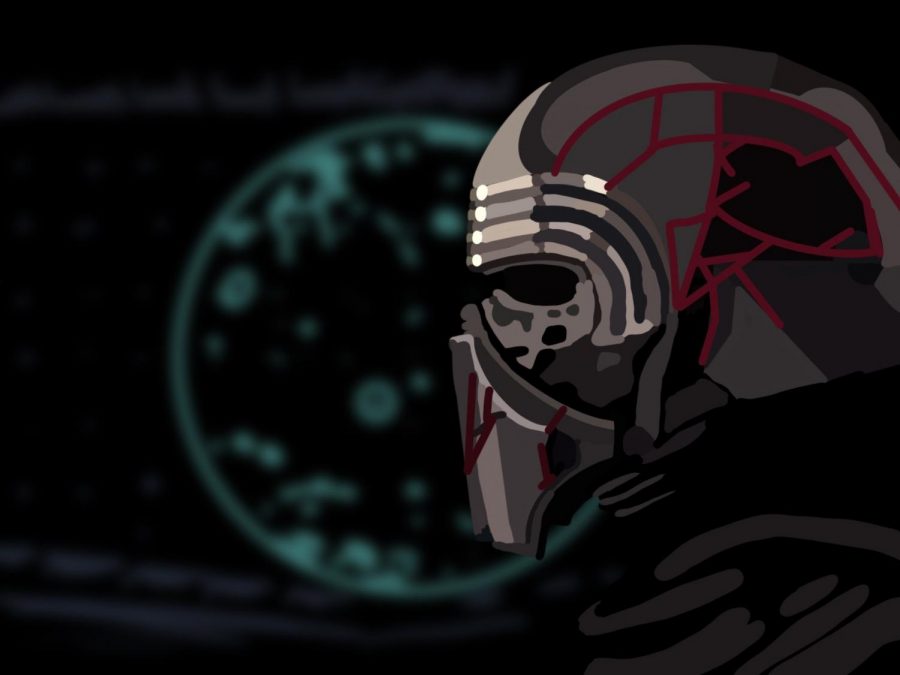Why “The Rise of Skywalker” is Unsurprisingly Disappointing
“The Rise of Skywalker” received criticism for its sporadic and absurd nature
February 20, 2020
Rating: 2/5 Falcons
Following two mediocre films, my expectations for the final installment in Star Wars’ third trilogy, The Rise of Skywalker, were not high. Even so, the movie was a colossal disappointment from start to finish. Once again directed by J.J. Abrams, the film begins similarly to The Return of the Jedi, with quite a bit having happened since the last film that the audience needed to be caught up on. Unfortunately, The Rise of Skywalker, unlike The Return of the Jedi (with Luke), does not capitalize on the opportunity to show how Rey’s skills have developed through an exciting adventure to a new planet, but instead chooses to jump from scene to scene with choppy writing and unneccessary sappiness in an attempt to catch the viewer up with the surplus of information since the last chapter.
One of the biggest flaws in the movie is the reintroduction of Emperor Palpatine, who was killed by Darth Vader in 1983 in The Return of the Jedi. His addition seems forced, and almost as if the writers realized that they had made a mistake in killing off the Supreme Leader Snoke in The Last Jedi, and revived Emperor Palpatine to try and mend their careless error. The problems with the Supreme Leaders arise from the lack of a clear roadmap from one film to the next. One reason for this ambiguity could be the fact that Rian Johnson directed The Last Jedi instead of J.J. Abrams. He decided that Snoke was not be beneficial to the series, and thus killed him off. But with the return of J.J. Abrams as the director in this most recent installment, Palpatine was reinstated as the all-powerful Sith (edge) Lord. Unfortunately, the problems with Palpatine do not end with his mere presence on screen but also extend to the plot surrounding him. His storyline revolves around an absolutely absurd tactic—to take over the galaxy millions of star destroyers suddenly emerging from the ground like zombies—that comes off as nothing more than cartoonish and silly. The film does do quite a bit to develop its characters (especially in the case of Kylo Ren, who is easily the most compelling character), but the character arcs are sporadic and lack consistency, disconnecting viewers from the film. The creators made efforts to try and lure viewers back towards impassioned feelings about the film through eye-catching effects and disastrous attempts at humor. These attempts were unsuccessful, though, because there is no true emotional attachment between the characters and the viewers, so all set pieces simply feel like hollow cardboard cutouts waving fatal beams of light at each other—there is nothing on the line.
The newest Star Wars trilogy, as a whole, is not terrible (it certainly could have been much worse), but it always feels as if something is missing. Perhaps this failed attempt at recreating the sheer genius of the original series should be the last, because at this rate, future generations will only recognize Star Wars as the uninspired movies that come out nearly every year, do well in the box office (due to good marketing and the legend of Star Wars), supply a few cheap thrills, and then disappear forever. This is not what Star Wars is, and those at Disney and Lucasfilm should be disappointed in themselves for failing to make something worthwhile.
This piece also appears in our January 2020 print edition.











